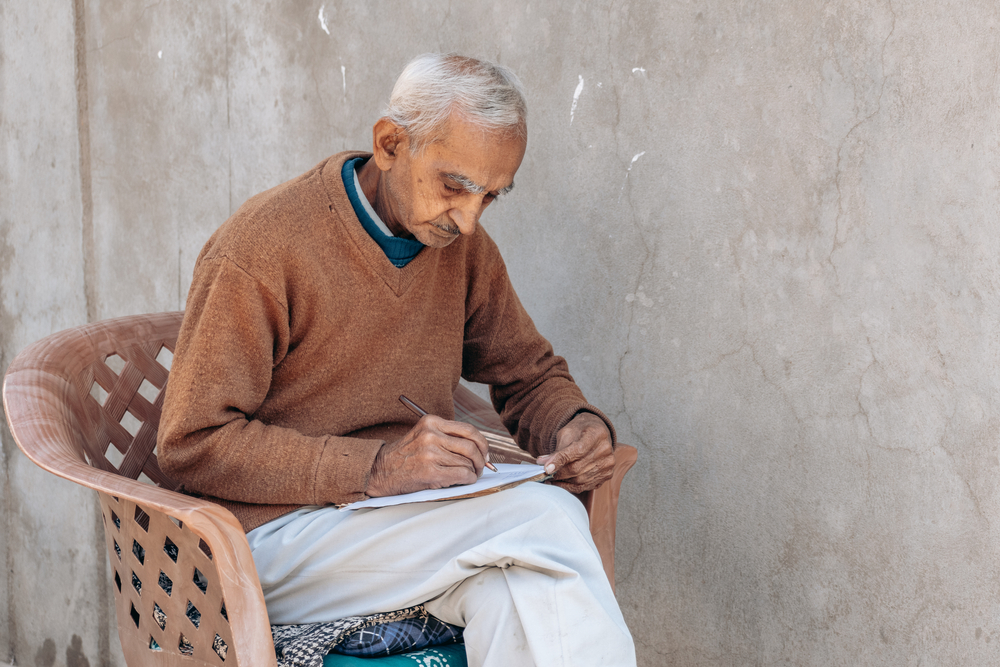It’s that time of year again—the season when we all aspire to be the best version of ourselves. We promise to quit smoking, cut down on drinking, start exercising, or be more attentive to our loved ones. The list of resolutions often grows long, leaving us overwhelmed and, more often than not, setting us up for failure as the days roll by.
But here’s the truth: progress doesn’t need to be perfect. The key is consistency and self-compassion. You’ll stumble—everyone does—but the real magic lies in getting back on track, one step at a time. Even the smallest changes, like smoking fewer cigarettes in the first week, count as victories. And if you’re wondering where to begin, why not pause for a moment at the end of January to reflect on how far you’ve come?
Take a step back and think about 2024 so far. What were its defining moments? How did you react? What did those moments teach you about yourself? These reflections are like guideposts, helping us navigate challenges ahead. And this year, instead of overwhelming yourself with lofty resolutions, focus on taking just one small, intentional step every day. Over time, those small steps can lead to something truly transformative.
Do we really need a New Year to reflect or set intentions? Perhaps not. Yet, there’s something about the symbolism of a fresh start that inspires us to pause and look inward. If you’ve ever felt lost or uncertain about your priorities, you’re not alone. Self-reflection is a powerful tool to regain clarity. It’s like having an honest conversation with yourself, uncovering the ‘whys’ behind your actions and emotions. By aligning our daily lives with our core values, self-reflection can lead to profound personal growth and a deeper sense of fulfilment.
At its heart, self-reflection is about understanding yourself—your choices, your reactions, and your feelings. Why did a particular situation upset you? What made you choose one path over another? These questions aren’t about self-criticism but curiosity, and the answers often hold the key to personal growth.
Once you understand your ‘why,’ you can set intentions that truly matter. Think of self-reflection as laying the foundation and intentions as the blueprint for building a life that aligns with your values. The beauty of this process is its flexibility—it grows and evolves with you. For instance, if you realise you’ve neglected your relationships, your intention might be to set aside dedicated time with family or friends each week. Small, actionable steps like this make a world of difference.

Creating a year-end reflection ritual doesn’t have to be complicated, but it can be transformative. Here’s how to make it work for you:
- Find Your Quiet Place
Choose a calm, comfortable spot—a cosy corner at home or a peaceful bench in the park. Take a moment to reflect on the past year. Celebrate your achievements, acknowledge your challenges, and savour the joys. This isn’t about judging yourself but understanding what these moments have taught you. Use these insights to start a meaningful conversation with yourself. What habits would you like to change or nurture? Remember, this isn’t about rigid plans but discovering what truly makes you happy. - Evaluate Your Growth
Ask yourself: have I grown as a person? Have I stayed true to my values? Did I step out of my comfort zone, and if so, what did I learn? Reflect on the lessons life has taught you, the moments that made you proud, and the little joys that made your heart full.
Sometimes, it helps to metaphorically “put yourself on the couch” and have a heart-to-heart with yourself. After all, self-awareness and intentionality are the foundation of meaningful growth.
As you embark on another year, take it one step at a time. Growth doesn’t need to be dramatic to be significant—it just needs to be real.




